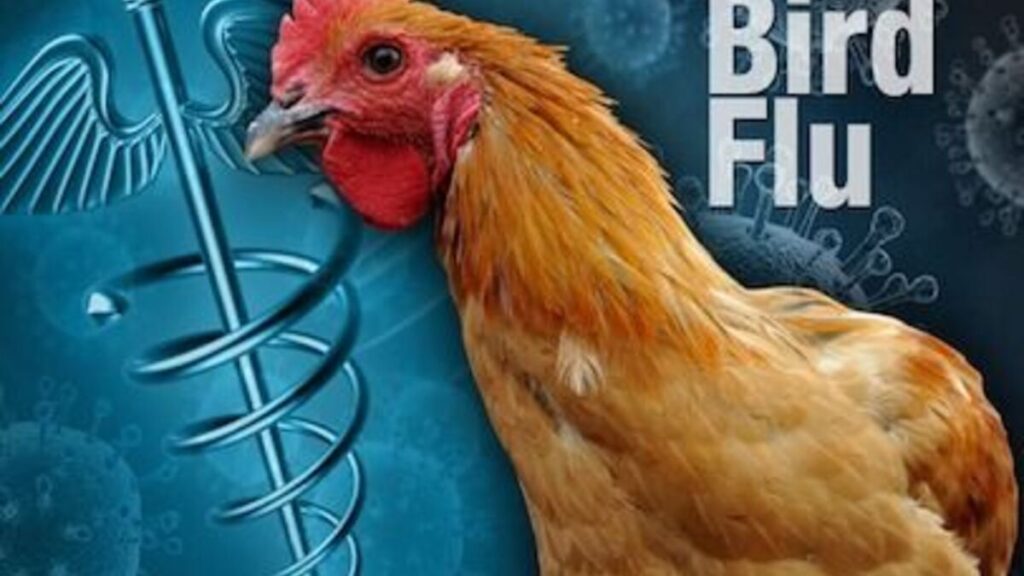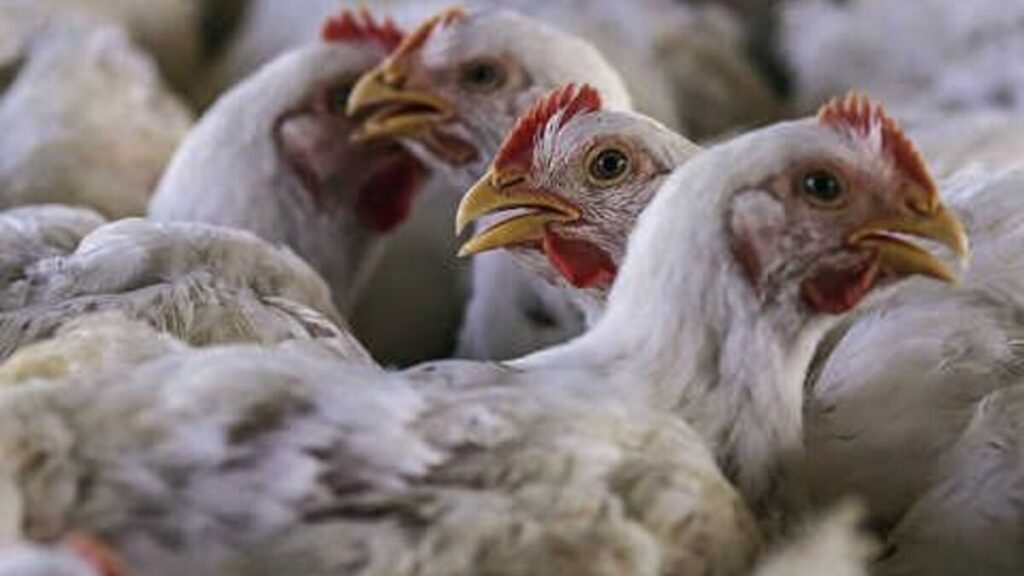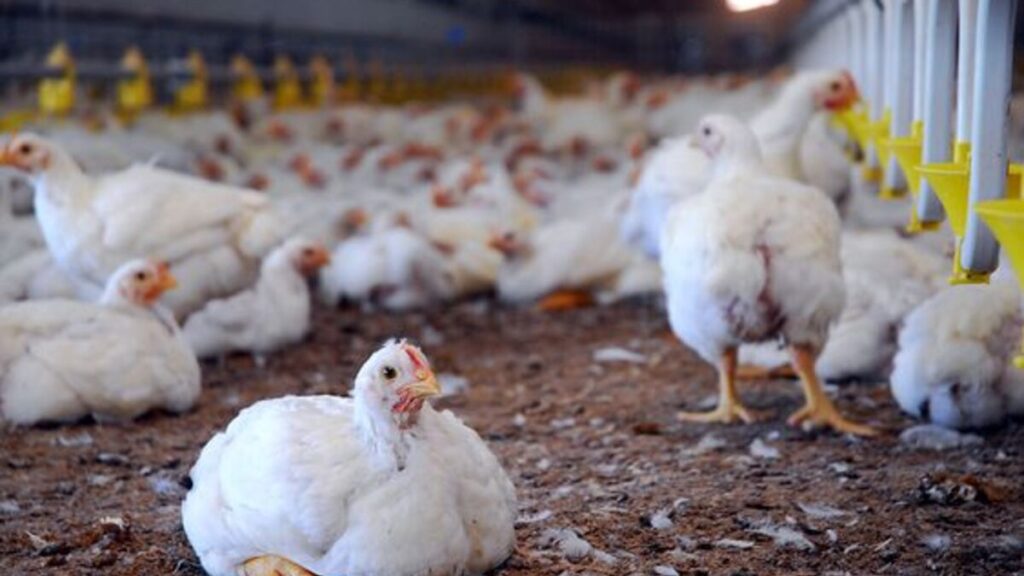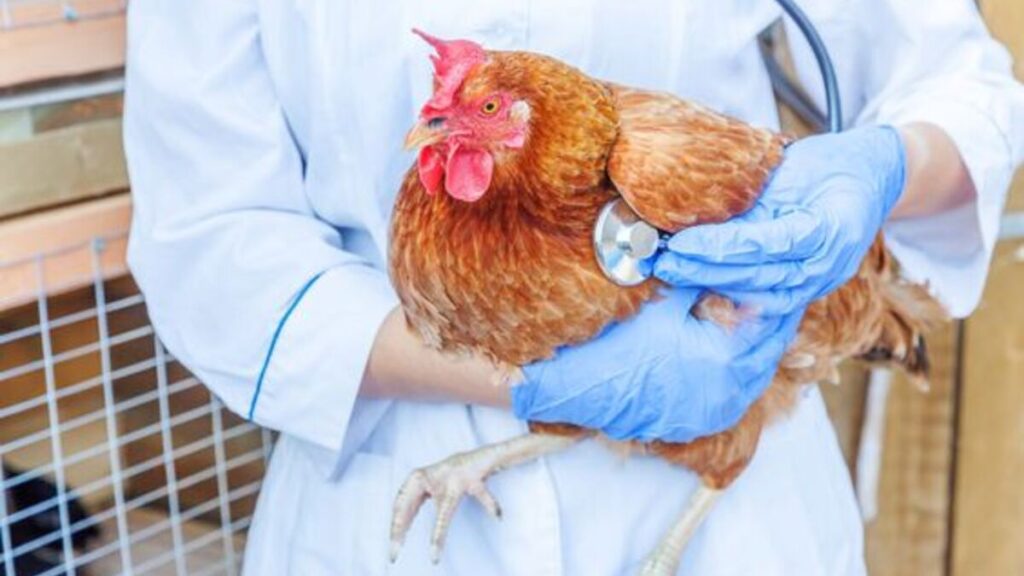Egg prices have spiked significantly in the past three months due to an outbreak of bird flu across the country. People are complaining terribly.

However, experts believe that the coming seasons could help reduce prices soon.
Egg Prices on the Rise
The prices of eggs are increasing significantly, causing the average household a great deal of worry. Consumers are now seeing a higher supply of eggs, which no longer matches their high demand.

In July, egg prices rose for the third consecutive month, raising concern as this year was filled with decreasing egg prices. The reason for this constant price rise is avian influenza, which is also known as Bird flu or HPAI.
The Importance of Eggs
Eggs are essential for U.S. households and restaurants. People use them to make many things, including omelets, pasta, baking, and many other important dishes. According to David Anderson, a food economist at Texas A&M University, egg consumption has increased over the years because more families are using eggs as their primary protein source.

Therefore, the surging prices of eggs (shelled or processed) are affecting millions of consumers around the country.
Prices Surged in July
According to the Consumer Price Index data released recently, the prices of eggs surged by 19.1% in July this year compared to last year. This has made shopping for this important food item very costly.

For the first time in more than a year, the Bureau of Labor Statistics reported that the average rate for a dozen large Grade A eggs is more than $3, which is causing consumers to worry.
Inflation of Egg Prices
Inflation has been constant in the U.S. for a while, and eggs have not been left out. During the pandemic, people cooked much more at home as restaurants were shut down. Therefore, the demand for eggs rose considerably.

People became worried as the price of eggs and other food items increased for months. However, this recent wave of inflation in egg prices showed a rise of about 8% from March to April due to increased cases of bird flu.
Aviation Influenza or Bird Flu
Caitlin Hubbell, a market research analyst at Purdue University’s Center for Food Demand Analysis and Sustainability in West Lafayette, Indiana, confirmed that the rise was related to avian influenza or bird flu.

This serious disease has existed for a long time but has surged from time to time. In 2022 and at the end of 2023, bird flu had severe outbreaks that affected birds all over the country. Colorado and California have recently seen high numbers of cases.
The Breakout of the Disease
The bird flu outbreak this year is spreading across many states, and Colorado and California are not the only states suffering from this outbreak. The U.S. Department of Agriculture revealed that almost 9,000,000 chickens across New Mexico, Minnesota, Texas, and Michigan have been infected with bird flu in the past few weeks.

Therefore, the prices of eggs have continued to rise since many of these birds are dying from bird flu.
Egg Demand Is Inelastic
According to Federal Labor data, a dozen large grade A eggs cost about $2.99. This was about a 16% increase from the price in January, which was $2.52. However, even with the high prices, the demand for eggs has remained relatively constant.

Hubbell said that the demand for eggs is “inelastic,” meaning that the amount people buy does not change even with an increase in price. This inevitably increases the cost of groceries for consumers.
Hope With the Coming Seasons
Hubbell is hopeful for the next few months as the upcoming climate seasons may bring about fewer outbreaks. The state of the bird flu outbreak may reduce significantly, causing the cost of eggs to drop.

However, Hubbell said it is uncertain, saying, “It is hard to tell. It all depends on the impact on the size and scope of HPAI.” If it reduces, it will help reduce the burden on the buyers.
ALSO READ: Chicken Soup for the Soul Entertainment Files for Bankruptcy Protection
Do Eggs Carry Viruses?
According to the U.S. Food and Drug Administration, there is no record of anyone who got the bird flu after eating adequately cooked eggs. This is because the disease is not caused by a blood-borne pathogen, making eggs have a low risk of infecting humans.

However, people can get food poisoning from eggs infected with salmonella. This is a common food-borne infection, but it is not to be mistaken for bird flu.
How Does Bird Flu Spread to Humans?
Reports show that humans who come into direct contact with sick poultry birds or their environment are at a high risk of contamination. These birds can spread the virus through saliva, breath, stool, or mucus.

However, it is pretty rare for people to contract bird flu from other animals or wild birds. A few records also show humans passing the bird flu to other humans.
Are Runny Eggs Safe To Eat?
Experts and scientists have advised people to stop eating raw or undercooked egg whites, yolks, or other products that have them. Since some eggs may cause bacterial food-borne illnesses or food poisoning, the best thing to do is to ensure you cook your eggs well to avoid bacteria or other pathogens entering your system.

However, runny eggs will not give you bird flu.
Can Bird Flu Be Cured?
Yes, bird flu can be cured through antiviral drugs that help reduce the disease’s severity. These drugs also help prevent complications and improve the infected bird’s chances of survival.

Those in close contact with infected birds or people can also be treated with antiviral drugs to prevent them from spreading the disease. Consumers do not have to worry about contracting bird flu as they only get access to the eggs at the grocery stores.
You Might Also Like:
Costco Increases Membership Fees for the First Time Since 2017
Harris Introduces “Opportunity Economy” Focused on Reducing Food, Housing, and Family Costs
Jamie Dimon Advocates for ‘Buffett Rule’ to Tax Millionaires and Address National Debt
Warren Buffett Reveals His Will’s Key Lessons—Valuable for Any Wealth Level
Murdoch Family Feud Sheds Light on Nevada’s Growing Secret Trust Industry

